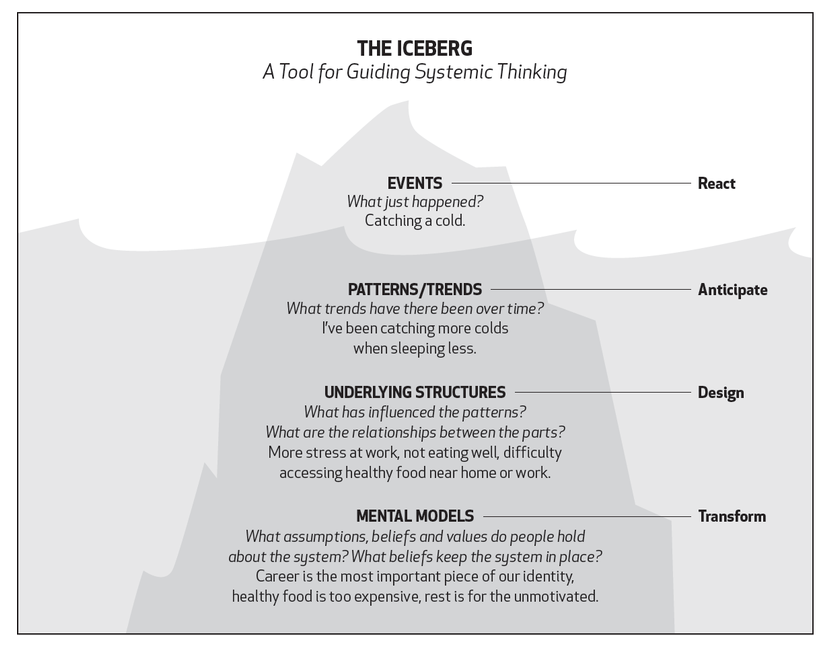Time is Urgent… we must slow down
Lucky me! On a daily basis, I can reflect on the precious words written by others actively recharging my spirit:
Those committed to reflective inquiry are change agents who actively recharge the human spirit.
Making time to engage in reflective inquiry recharges the human spirit.
By investing in my passion for writing and reading and recharging, I recognize that I am privileged to be growing older and still eager to learn.
Three books lie open on my desk:
-
Positivity: Discover the Upward Spiral that will Change your Life by Barbara L. Fredrickson
-
Coach the Person, Not the Problem: A guide to using Reflective Inquiry by Marcia Reynolds
-
Women Rowing North: Navigating Life’s Currents and Flourishing as We Age by Mary Pipher
Positivity. Reflective Inquiry. Navigating Life’s Currents.
Today, more than ever, I need to curate what I read and what I permit my mind to contemplate.
The messages in my books are full of gems and I am savouring Mary Pipher’s encouragements:
Let’s aim to become more curious and less worried and more self-aware and less reactive… Women Rowing North is a guidebook for the flourishing that is still possible. It explores what sustains, enlivens, and enriches us as we navigate this developmental stage. This era offers us an opportunity for emotional, social and spiritual development. Perhaps the book’s core lesson is simply “Everything is workable” We can always find the silver current of resilience that can carry us forward.
More curious. Less worried. More self-aware. Less reactive.
As for learning and reflecting on the ideas that young change agents are proposing, I am grateful for the opportunity to attend The Banff Systems Summit with the subtitle and recurring theme:
Time is urgent… we must slow down.
Time is urgent… we must slow down speaks to the importance of reading, writing, thinking, reflecting, and recharging our human spirit. Constant change is so exhausting. It’s time to take a breather!
The Summit referred to The Iceberg analogy (credit to Ecochallenge.org for this graphic) as a tool for considering change:
The Iceberg: A Tool for Guiding Systemic Thinking.
When thinking about time, change and daily events, my proven strategy is to pick up a pen and ask myself “What’s going on?”
Events, emotions, experiences, may need some creative re-framing.
Maybe you are cold; or you are catching a cold; or you notice that your feet are getting cold — figuratively or literally.
Something happens and after the initial pause when you make the observation, you also realize that there are many more layers to the thought that is floating in the water, aka your Iceberg, your system.
The graphic illustrates the patterns, trends, underlying structures and mental models that define the layers of the iceberg below the watermark. Whether your berg is a job with big responsibilities or a volunteer role in community, in the household, or on the team, transformative change only happens when we get to the bottom of things – the layer below all other layers.
Mental Models give our lives and perceptions their ballast and heft. But we need to get to the bottom of things, if we want to actively recharge our human spirit.
How do you get to the bottom of your Iceberg? You know, the elephant in your living room?
For me, I sit alone, slow my thoughts down to the speed of my pen scrawling across a blank page and have a conversation with myself about anything I want. I allow my words to flow freely and associate the dots in my brain to the dots of the day.
Are you urgently consider a change that insists you take some time to consider? What are the patterns, trends, underlying assumptions that feed your Mental Models?
Time is urgent.
Time is running.
Time is a non-renewable resource.
Seasons are changing
Summer is here — are you ready to slow down?
Ready to open your journal and challenge yourself for 20 minutes?
Turn on your DND options, find a quiet desk and open your book to a blank page.
Set the timer
Start writing your way to the bottom of the Iceberg. What is going on? What are you noticing? What is taking up your time and attention? What patterns and trends are you noticing? Positive or negative, what’s going on?
Be honest — perhaps the first idea that rises is: Why am I writing in my journal? So — answer the question. Options might include: In order to process some big emotions. In order to unpack some challenge. In order to identify the tip of your Iceberg. In order to evaluate something and hold yourself accountable. In order to make a change knowing that you can’t change and stay the same.
Let it rip. Write whatever pops into your head and keep your pen moving.
If you get stuck, talk gently to yourself, asking for more details. Or take a minute to look back and rephrase or embellish on what you have just written.
Don’t edit yourself. Don’t check your spelling. Don’t criticize yourself or pretend that you are writing something that will make sense to anyone else.
Use words that are gentle and kind.
Then decide: What is the single most important thing that I want to consider?
At the 15 minute mark, make some notes about something that is bringing you joy, something that made you smile or some memory you are savouring.
Close the journal and put away your pen, acknowledging that writing in a journal is calming and that gratitude is grounding.
When things are urgent, change is swirling, and time is of the essence, I also recommend — go spend some time in Nature.







